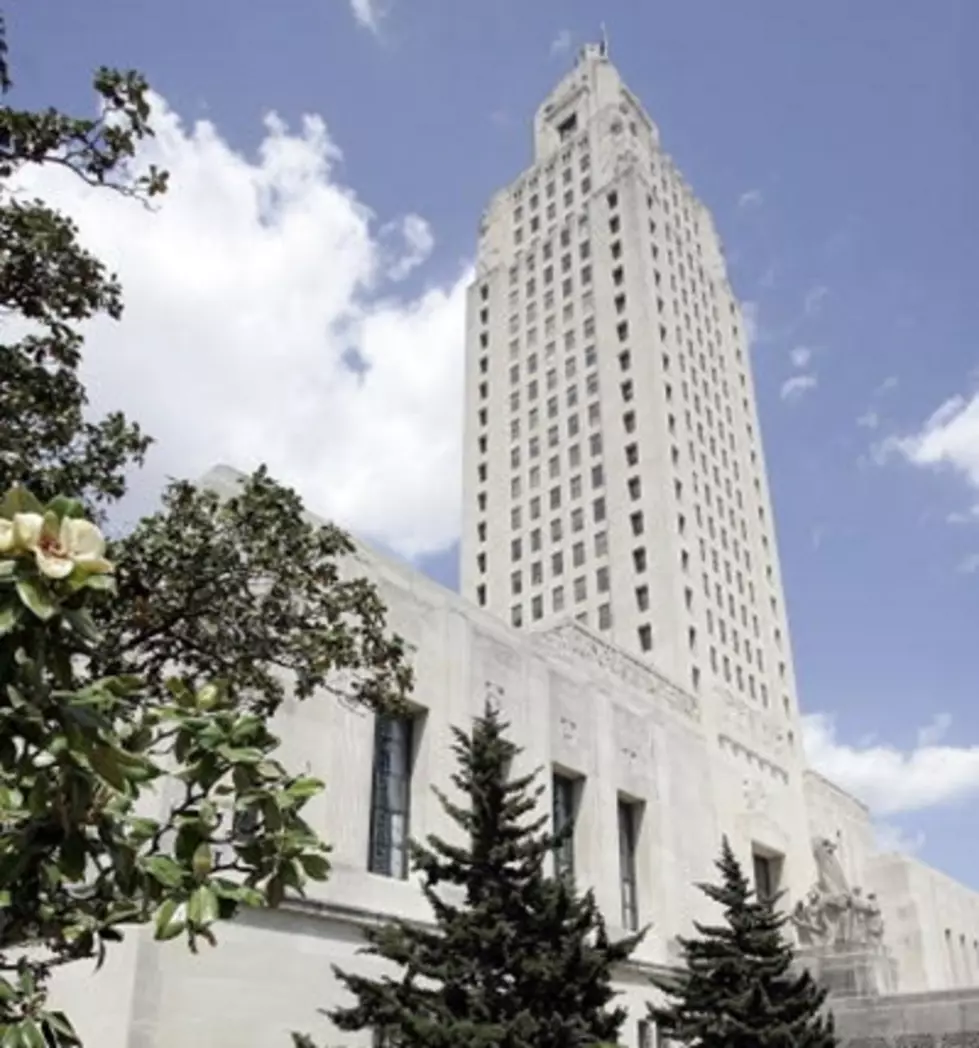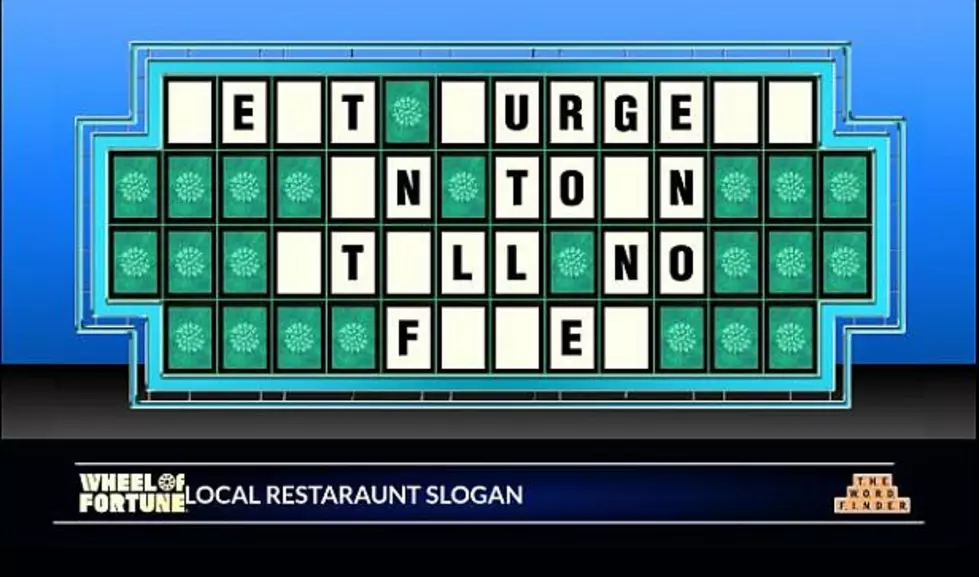
Lafayette Representative Joel Robideaux Says Defer Income Tax Debate
Lafayette Representative Joel Robideaux, the Chairman of the Louisiana Ways and Means Committee, said today in an emailed statement, that after much review, he thinks it is best to defer discussion about repealing the state income tax.
Robideaux says, "Over the last several months we have all grappled with the issues involved when considering the repeal of the income tax – either immediately, or over time. I personally want to thank the Governor for opening up debate on this issue. It is my hope that the work done these past few months can serve as the foundation for an ongoing debate on how to best reform our state’s tax structure. Since the Governor’s address to the legislature last week, I have spoken with numerous members of the House including legislative leaders. I have talked at length with Speaker Kleckley about our shared concerns and how to best resolve this matter. "
Robideaux adds that he has also spent time reviewing the analysis of getting rid of the income tax that Council For A Better Louisiana, the Public Affairs Research Council and the Louisiana Association of Business and Industry all did on the possibility of repealing the state income tax. None of the groups were in favor of the idea at this time.
Robideaux says his preference is to indefinitely defer consideration of those bills for this legislative session.
Robideaux added, "That being said, I respect the legislative process, and since I've scheduled the bills for a hearing, if a member wants their bill heard, I will honor that request."
Here is the PAR document:
"Louisiana's tax system can be improved. The right changes could upgrade the state tax code to encourage business development, lower rates, reduce exemptions and tax breaks, simplify filings, shift more responsibility to local governments and provide a more efficient collection and compliance mechanism.
While the Governor's Plan A proposal attempted to meet several important goals, it eventually became a large package of repeals, tax breaks, entitlement programs and other expenses that were difficult to offset with sufficient new revenues. Based on estimates that were still under development, the anticipated annual revenue losses and other costs were well more than $4 billion. It is doubtful that the plan would have provided a simpler, fairer or more evenly applied tax system, which are primary goals of a good tax policy.
The lessons and observations about the Plan A tax swap should be kept in mind as alternative plans are introduced. Several other tax reform plans have been suggested, including some that would repeal individual income taxes in the near or long term. The real costs of these plans should be weighed, especially in light of the recent experience with Plan A.
The public discussions of tax repeals should not overlook an important factor: the elimination of a tax carries a greater revenue cost than just the amount of money the tax collects. Tax credits that are now counted against those tax collections will reappear as a state expense unless the credits, too, are eliminated.
More importantly, the real problems with Louisiana's tax system need to be recognized and addressed. A repeal of the individual income tax, if accomplished, might still leave the state with a long list of nagging tax problems and cost burdens. And the state might have less flexibility in dealing with them.
This report outlines the major tax problems facing the state and reviews some of the potential solutions to improve the system. The report also reviews the approach taken by Plan A, which offers lessons about alternative tax plans. Considering the collapse of this plan, and the lateness of the hour, and the current lack of consensus on tax reform strategies and their financial impacts, neither a major tax-swap overhaul nor a repeal of the individual income tax should be the goal of this legislative session.
For this session, officials have missed the opportunity of crafting a well-conceived plan with broad public support and understanding. There is loose talk of moving forward with profound long-term tax cuts and letting future leaders inherit the hard choices and problems that would flow from that decision. That approach lacks courage and real leadership.
The Legislature can begin to establish a new set of priorities for tax reform in light of the full spectrum of tax problems facing the state. The issues outlined here could be discussed, evaluated and estimated for their potential fiscal and political impacts. A new consensus could be formed about meeting the real needs of the state in a realistic manner."
More From News Talk 96.5 KPEL









